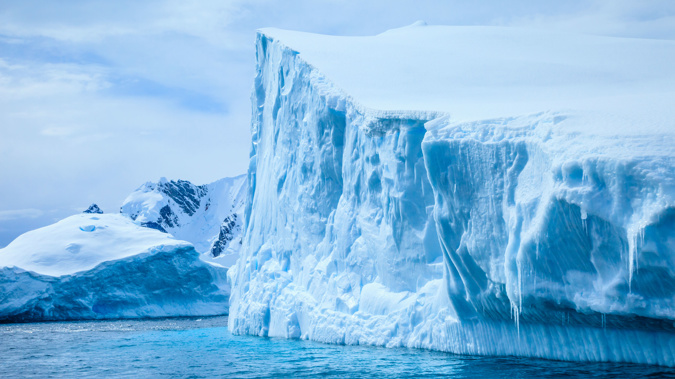
A new study has warned the planet could descend into a "hothouse climate" - an extreme scenario that one leading Kiwi climate scientist says presents another reason for urgent action now.
The paper, led by Professor Will Steffen of Australian National University, found global average temperatures could rise up to 5C higher than pre-industrial temperatures, while sea levels could climb by between 10m and 60m over the long term.
Such increases in temperatures and sea level would be devastating for human civilisation, along with most ecosystems that support plant and animal life, Steffen said.
"The current efforts by nations, which are not sufficient to meet the emission-reduction targets set in the Paris Agreement a few years ago, are unlikely to help us avoid this very risky situation, where many parts of the planet could become uninhabitable for humans."
Global average temperatures were just over 1C above pre-industrial temperatures and rising at 0.17C each decade.
"Human emissions of greenhouse gas are not the sole cause of temperature changes on Earth," Steffen said.
"Our study indicates that human-caused global warming of 2C may trigger other Earth System processes, often called feedbacks, that can trigger further warming – even if we stop emitting greenhouse gases."
Steffen said nations needed to work together to greatly accelerate the transition towards an emission-free world economy.
The international authors of the study considered 10 natural feedback processes, some of which are tipping elements that lead to abrupt change if a critical threshold is crossed.
"The real concern is these tipping elements can act like a row of dominoes," Steffen said.
"Once one is pushed over, it pushes Earth towards another. It may be very difficult or impossible to stop the whole row of dominoes from tumbling over."
Such a feedback cascade could trigger the uncontrollable release into the atmosphere of carbon that had been previously stored in the Earth.
The feedbacks were permafrost thaw, loss of methane hydrates from the ocean floor, weakening land and ocean carbon sinks, increasing bacterial respiration in the oceans, Amazon rainforest dieback, boreal forest dieback, reduction of northern hemisphere snow cover, loss of Arctic summer sea ice, and reduction of Antarctic sea ice and polar ice sheets.
Victoria University climate scientist Professor James Renwick described the new research as "very worrying" and a plausible interpretation of evidence around the way Earth's climate had changed tens of millions of years in the past.
"It's all possible... but like the authors say at the end of the paper, they need to do a lot more research - none of it is for sure."
What was clear, Renwick said, was that bold and urgent action was needed to slow emissions today.
"It makes yet another great case for taking serious action now - we've got to start reducing emissions immediately, because this could be down the pipeline... and it would be terrifically bad news if it was."
Take your Radio, Podcasts and Music with you









